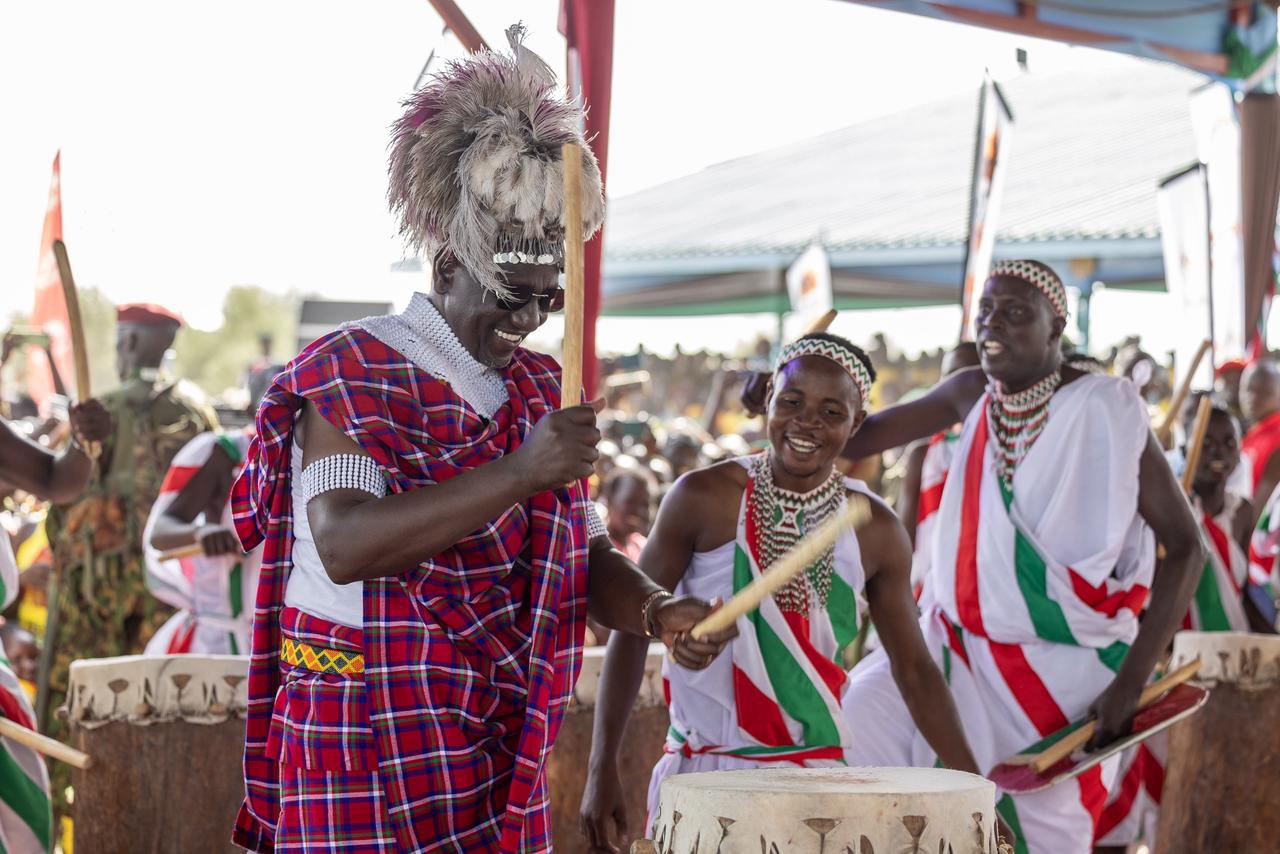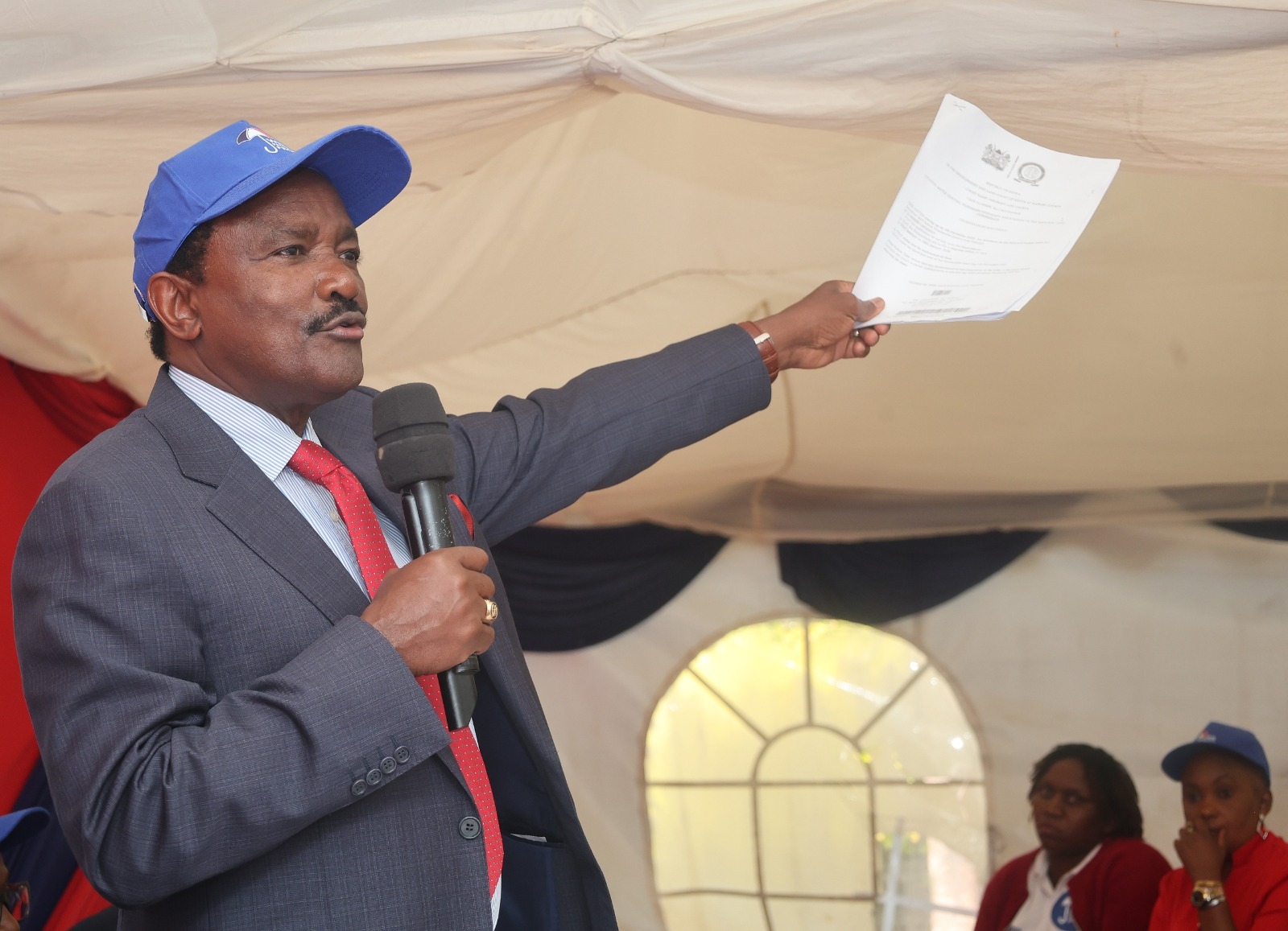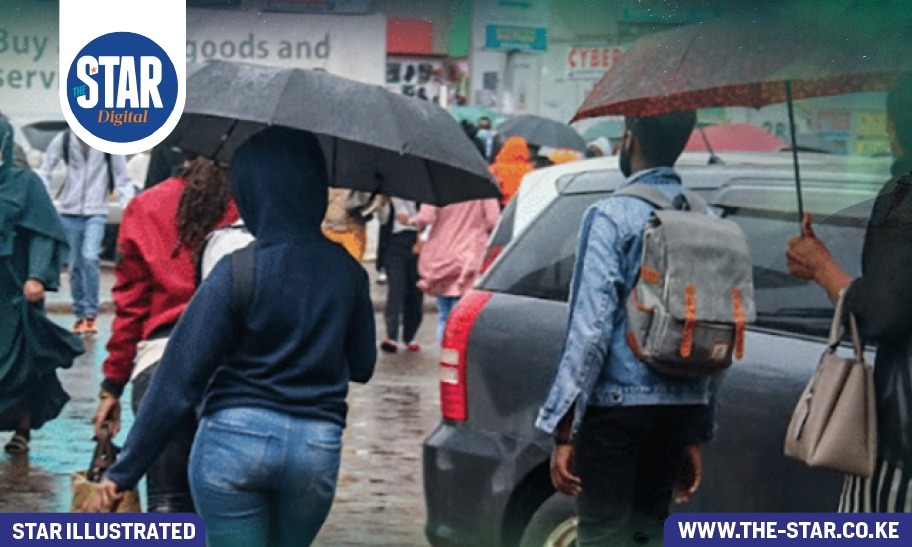Pregnant women, babies and children face extreme health risks from climate catastrophes that warrant urgent attention, UN agencies have said.
In a Call for Action released on Wednesday ahead of COP28 in Dubai, the effects of climate events on maternal and child health have been neglected, underreported and underestimated.
The Call to Action was released by WHO, Unicef and UNFPA at an online launch event, alongside an advocacy brief by Partnership for Maternal, Newborn and Child Health (PMNCH).
This was penned in a document dubbed Protecting Maternal, newborn and child health from the impacts of climate change.
It highlights that very few countries' response plans mention maternal or child health.
The Call to Action highlights seven urgent actions.
These include; Sustained reductions in greenhouse gas emissions and action on climate finance, alongside the specific inclusion of the needs of pregnant women, babies and children within climate and disaster-related policies.
The agencies also call for more research to better understand the impacts of climate change on maternal and child health.
WHO assistant director general for Universal Health Coverage Bruce Aylward said climate change poses an existential threat to all but pregnant women, babies and children face some of the gravest consequences.
"Children’s futures need to be consciously protected, which means taking climate action now for the sake of their health and survival while ensuring their unique needs are recognized in the climate response," he said.
2023 has been marked by a series of devastating climate disasters with dire consequences for pregnant women and children.
Unicef deputy executive director for programmes Omar Abdi said action on climate change often ignores that children’s bodies and minds are uniquely vulnerable to pollution, deadly diseases and extreme weather.
“We do this at our peril. The climate crisis is jeopardizing every child’s fundamental right to health and well-being," he said.
"It is our collective responsibility to listen and put children at the centre of urgent climate action, beginning at COP28. This is the moment to finally put children on the climate change agenda."
PMNCH board chair and former Prime Minister of New Zealand Helen Clark said Climate change is a major intergenerational injustice.
"Safeguarding the health and rights of women, children, and adolescents is non-negotiable in the face of the climate crisis’. Every stakeholder, from governments to the private sector and civil society, including health care professionals, holds a critical role in championing policies and actions which protect the most vulnerable," she said.
"The urgency to integrate women, children and adolescent health needs into climate responses is not just a moral imperative, but an effective strategy with long-term benefits for resilient and healthy societies."
During the COP28 meetings, delegates will mark the first-ever Day of Health, noting the intractable linkages between the health of people and the planet.
















